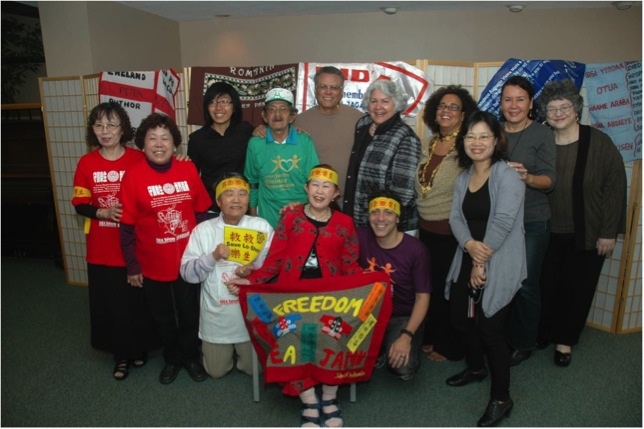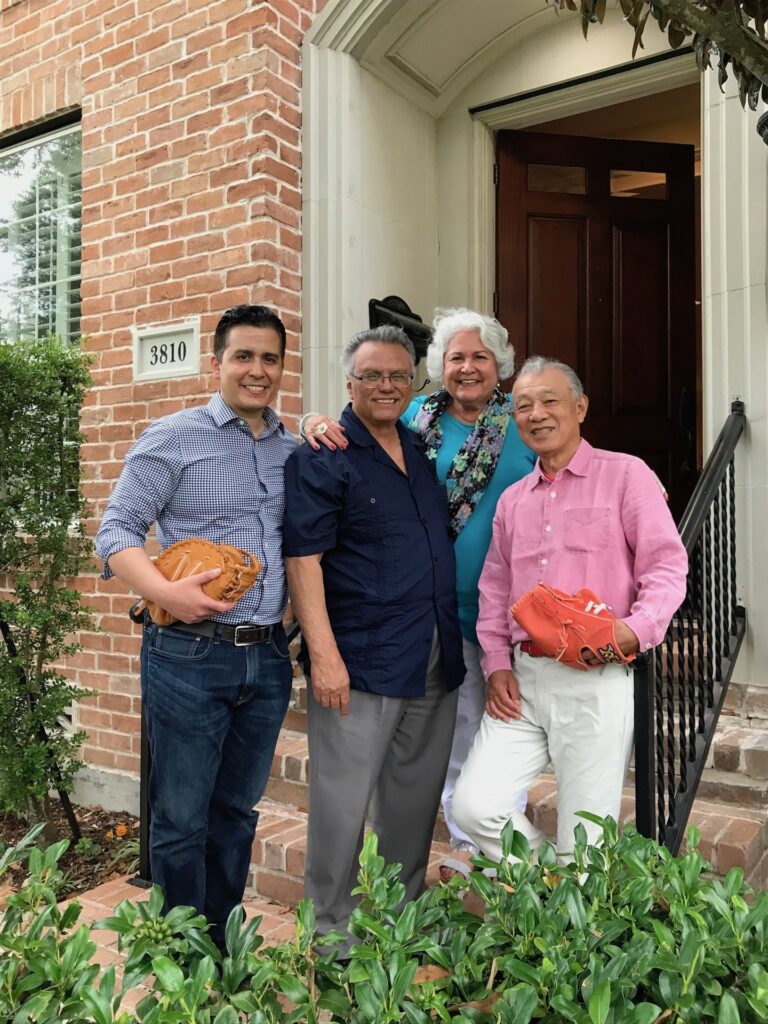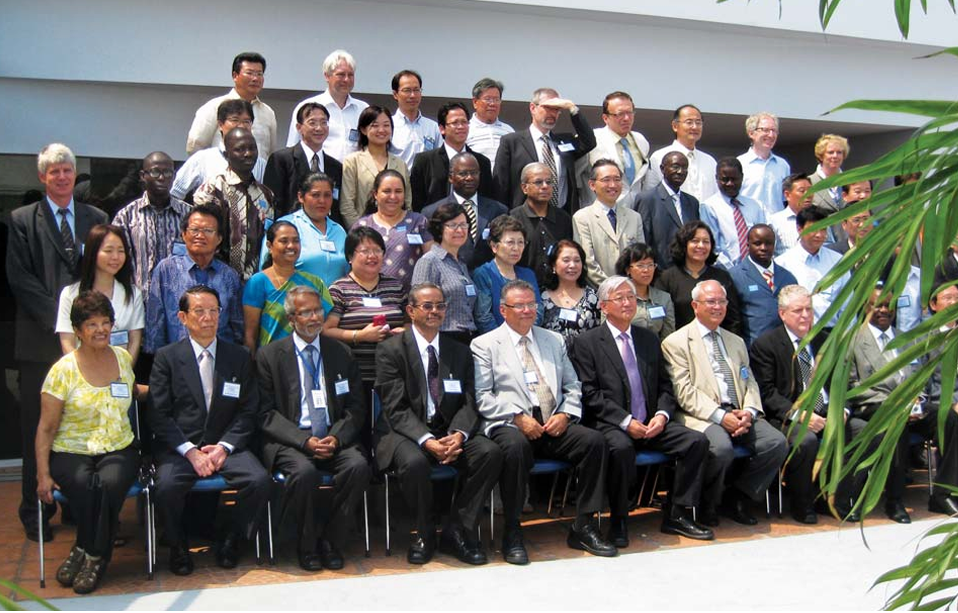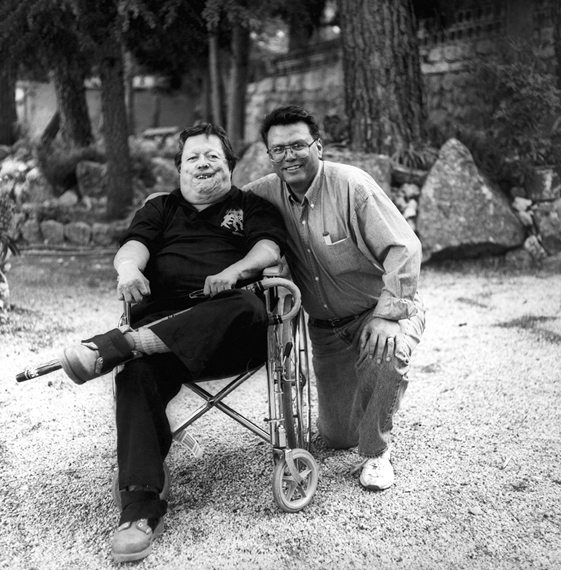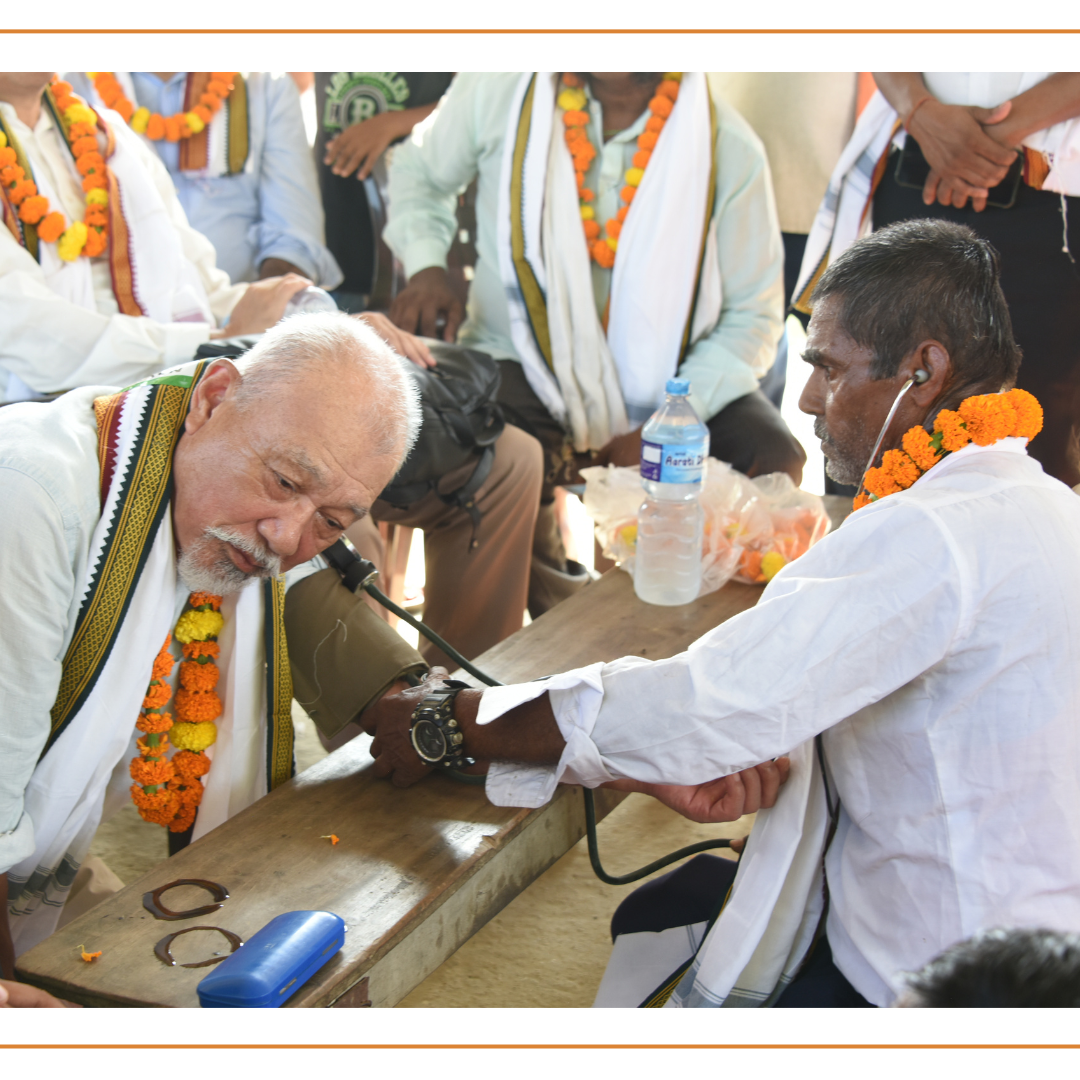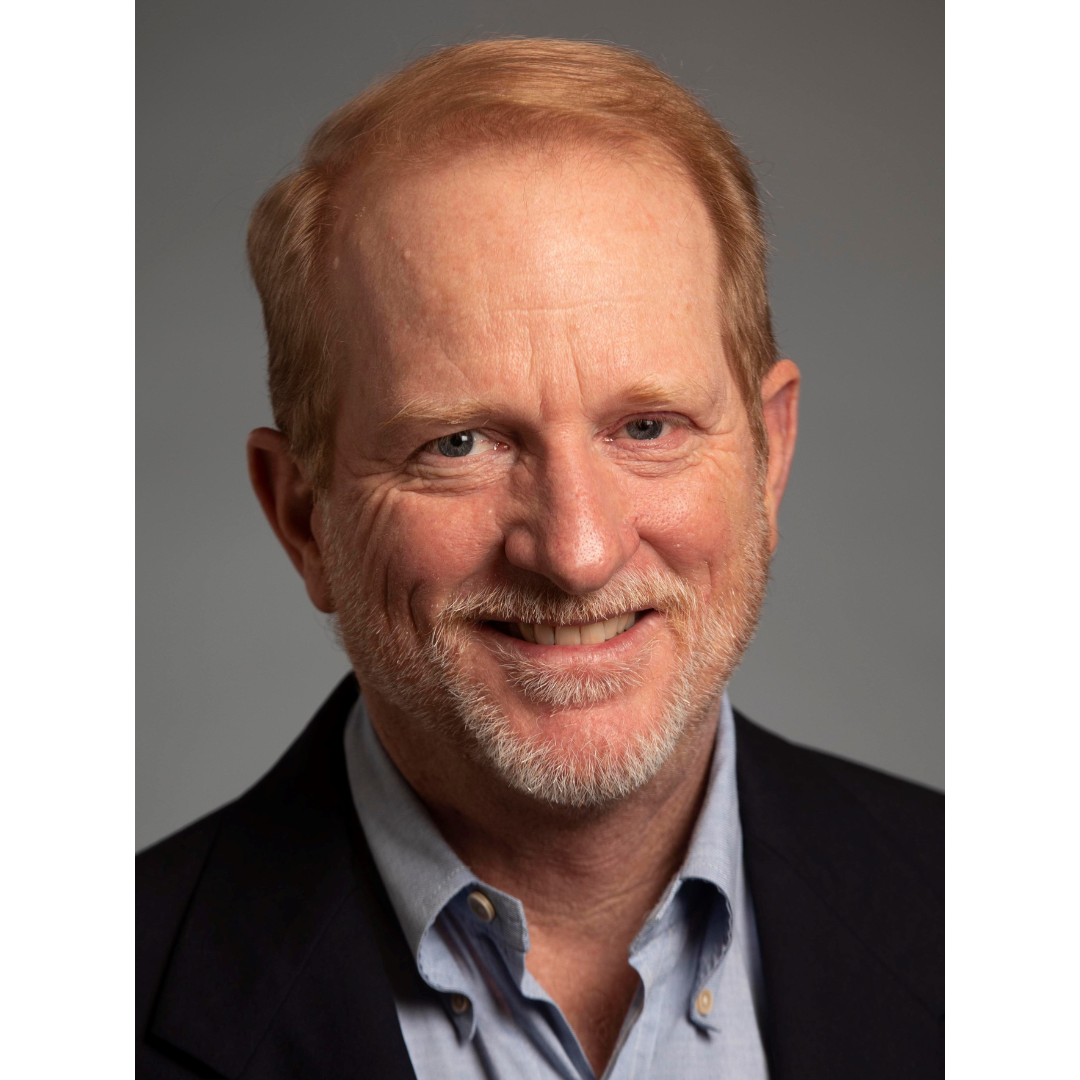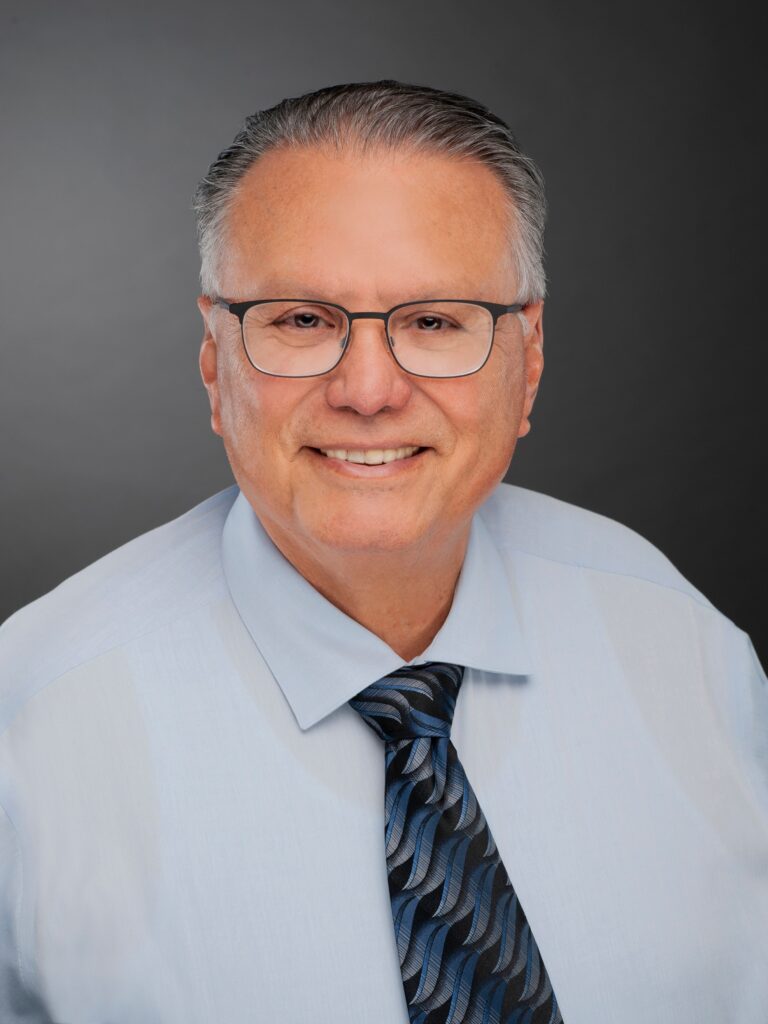
José Ramirez, Jr.
Chair of Board of Directors
International Association for Integration, Dignity and Economic Advancement (IDEA)
José Ramirez, Jr., advocates internationally for persons affected by Hansen’s disease and works as a clinical social worker in Houston, Texas, USA. He joined IDEA in 1995, and he has been the chair of the board of directors since 2017
https://www.ideaadvocates.org/
My introduction to Hansen’s disease happened when I was diagnosed with the illness in Laredo, Texas, in 1968 after many years of unexplained pain, blisters, and fevers. My diagnosis resulted in three traumatic events for me. The first was with my parents sobbing and asking me for forgiveness as they believed that God was punishing them for their sins via my stigmatizing illness. I was unable to console them on their pain as leprosy creates horrific negative images and is oftentimes linked to sins referenced in the Bible. The second was seeing my 19-year-old girlfriend forced to face the dilemma of whether to stay with me or abandon our relationship. The third was the immediate separation from all I knew. I was sent 750 miles (1,207 kilometers) away from my parents and 12 siblings to a national leprosy hospital in Carville, Louisiana, where I ended up staying for seven years. These events allowed me to realize that it is not only those of us affected by Hansen’s disease who experience unfathomable pain and sorrow, but also those around us.
My lengthy stay at the hospital in Carville pushed me into a world of stigma. Although Carville is thought of as a “national” leprosy hospital, the 400+ patients came from 25 different countries. We all had stories of being separated in some way: from a relationship, from a spouse, from children, from extended family, from jobs, from dreams, from a future. My peers at the hospital, who shared my experience of institutionalization, urged me to not allow painful experiences to fester in my mind and spoil my goals for eventual cure and discharge. They inspired me to not lose faith in speaking my mind on things that were wrong. The hospital social worker also inspired me to seek comfort in my fate as an advocate, opening doors for me to continue my college education, obtain a Master’s degree, and eventually become a licensed clinical social worker in Houston, Texas.
Becoming an advocate did not occur overnight as I struggled with the centuries-old stigma associated with Hansen’s disease, also known as leprosy. I had seen how laws and practices isolated persons with the disease, resulting in bitterness, lost opportunities, divorce, substance abuse, lost jobs, physical disabilities, mental anguish, and stress in one’s life. I searched for answers and finally chose to embark on a journey to reverse stigma, which I define as “an act of labeling, rejection, or unexplained fear of a person.”
In 1995, I became the editor of The Star, a magazine started by Carville resident Stanley Stein for “radiating the light of truth on Hansen’s disease.” That same year, I joined the International Association for Integration, Dignity and Economic Advancement (IDEA), the first international association of persons affected by Hansen’s disease. My activities earned me an invitation to attend a symposium in Japan. With this invitation to travel outside the United States, I took my first step into the world of advocacy. I received the invitation from Yohei Sasakawa, who I knew as an international advocate for persons who have experienced Hansen’s disease, and The Nippon Foundation, the organization of which he was president at the time. Also invited were Dr. Gopal, a brother from India who, like me, had experienced the disease and also had training in social work, and a physician from Vietnam who had treated many persons with the disease.
We were invited for two reasons. First, the organizers wanted to introduce us to the changes occurring in Japan after the repeal of the Leprosy Prevention Law. The law had mandated segregation for life in one of 13 sanitariums for persons diagnosed with the disease. The second reason was to introduce those institutionalized in Japan to advocacy as it was being carried out by others around the world with similar experiences of physical, emotional, and spiritual pain simply due to being carriers of Hansen’s bacilli.
I met Mr. Sasakawa again the following year. The Nippon Foundation was instrumental in helping IDEA develop and implement an exhibit titled “Quest for Dignity.” The exhibit was held in October 1997 at United Nations Headquarters in New York City, with Secretary General Kofi Annan formally opening the event. A dinner was held in the evening and Mr. Sasakawa asked me to serve as Master of Ceremonies. Persons affected by Hansen’s disease from 25 countries were awarded “Fighting Spirit” medals, which were inspired by a top prize in sumo given to wrestlers who have demonstrated courage and persistence. Portions of the exhibit were later shown in seven different countries.
Significant events strengthening advocacy and expanding education about the pain caused via stigma have been the brainchild of IDEA, but these could not have occurred without the unconditional support of Mr. Sasakawa. With the backing of The Nippon Foundation and the Sasakawa Health Foundation, he has given life to numerous projects never seen prior to the birth of IDEA. These projects include
- presentations by IDEA members to the United Nations Human Rights Commission;
- participation and presentations at multiple International Hansen’s disease Congresses;
- creation of IDEA chapters in 20 different countries;
- empowerment workshops for women who have experienced the disease;
- oral history projects for gathering first-person testimonies;
- identifying Hansen’s-disease-related contributions from poets, artists, and other people who have engaged in self-expression;
- meetings to formally address the roles and responsibilities of persons experiencing Hansen’s disease to build capacity and foster empowerment and advocacy;
- a two-day workshop on “Holistic Care” at Vatican City and a summary of presentations shared with Pope Francis; and
- global, monthly peer-to-peer knowledge learning series via Zoom called “The Gathering.”
Hansen’s disease has scarred my soul with memories linked to stigma. However, my many blessings have been illuminated by support from my family, wife, children, brothers and sisters with the disease, the hospital social worker, and Mr. Sasakawa.
